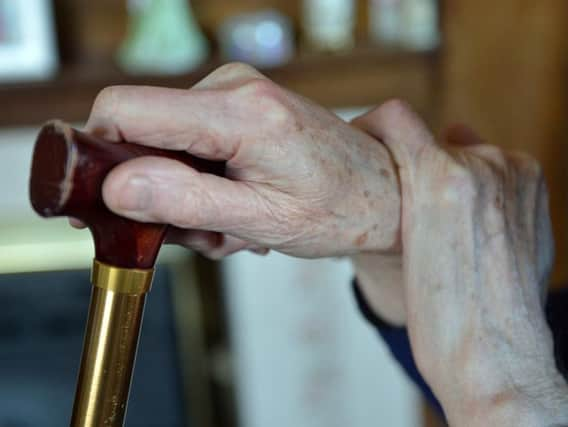'Confusion' surrounds recording of abuse investigations


Around half of all concerns relating to alleged abuse of vulnerable adults in Wakefield lead to a formal safeguarding enquiry, but across other UK authorities the figure varies from between 10 to 100 per cent.
Although Wakefield Council follows up all concerns registered, some are quickly resolved if it relates to a minor incident or a misunderstanding, meaning a lengthy enquiry is not necessary.
Advertisement
Hide AdAdvertisement
Hide AdBut a health scrutiny committee was told on Thursday that other authorities are interpreting the guidance differently, leading to calls for the Department of Health to offer more clarity.
Bill Hodson, independent chair of Wakefield's safeguarding adults board, said: "There is no clear statutory definition at the moment of what should constitute a safeguarding enquiry under the Care Act.
"The government did that because they wanted to give councils flexibility on the issue. But it has led to a lot of confusion.
"Some councils, like Calderdale, record absolutely everything they do as a statutory enquiry.
Advertisement
Hide AdAdvertisement
Hide Ad"Our record is about 50 per cent, which is about the average of councils across the country.
"But whether that's a good or bad number I can't say because everyone is interpreting it differently."
Mr Hodson's comments follow a 2017 report by the group Action on Elder Abuse, which strongly criticised the Department of Health for not tightening up the definition.
The NHS is currently considering changing the guidance in response.
Advertisement
Hide AdAdvertisement
Hide AdAround 2,600 safeguarding concerns are registered every year in the Wakefield district.
Mr Hodson added: "Most of those allegations are in care settings, like residential homes and hospitals.
"It's often easier to follow those up because they're areas where we have plenty of eyes and ears.
"My worry is always about isolated people in the community, who may not have people coming to visit them, because they are more vulnerable.
"Raising awareness (about the reporting process) is still a very important part of our work."